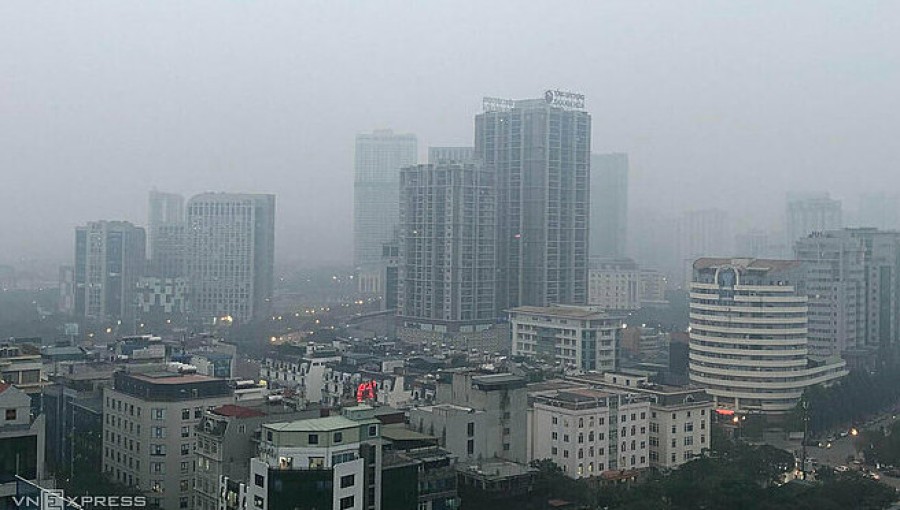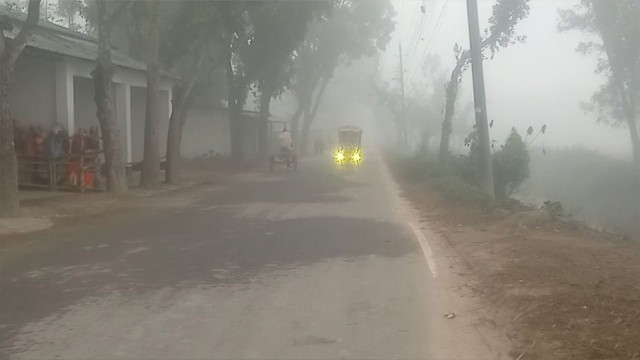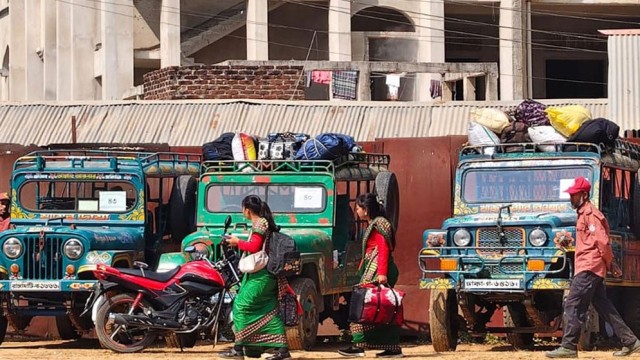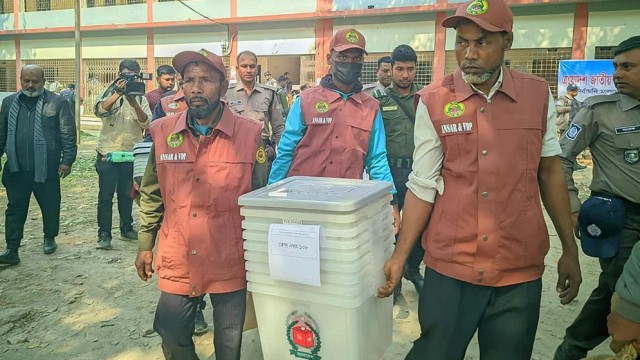The air quality in Dhaka remains at an 'unhealthy' level despite the persistent rainfall. The city of Dhaka has been positioned as the 11th worst city in the world in terms of air quality, with an Air Quality Index (AQI) score of 152 recorded at 9 am on Sunday, March 24, 2024. Topping the list are Delhi in India, Kinshasa in the Democratic Republic of Congo, and Medan in Indonesia, with AQI scores of 273, 168, and 163 respectively.
The Air Quality Index (AQI) serves as a vital tool for providing daily updates on the cleanliness of the air in a specific location and the corresponding health risks that may arise. Citizens face significant health hazards when the air quality reaches levels classified as "unhealthy for sensitive groups," "unhealthy," "very unhealthy," and "hazardous," based on the value of the AQI for particle pollution ranging from 101 to 301+.
The city of Dhaka has long been besieged by the predicament of atmospheric contamination. The atmospheric conditions often deteriorate to an unwholesome state in the winter months but experience a noticeable enhancement in the quality of air during the monsoon season. The Air Quality Index in Bangladesh is determined by the concentration levels of five pollutants: particulate matter (PM10 and PM2.5), nitrogen dioxide (NO2), carbon monoxide (CO), sulfur dioxide (SO2), and ozone.
The World Health Organization (WHO) estimates that air pollution kills 7 million people annually globally, mostly as a result of higher mortality rates from heart disease, stroke, lung cancer, chronic obstructive pulmonary disease, and acute respiratory infections.






























Comment: